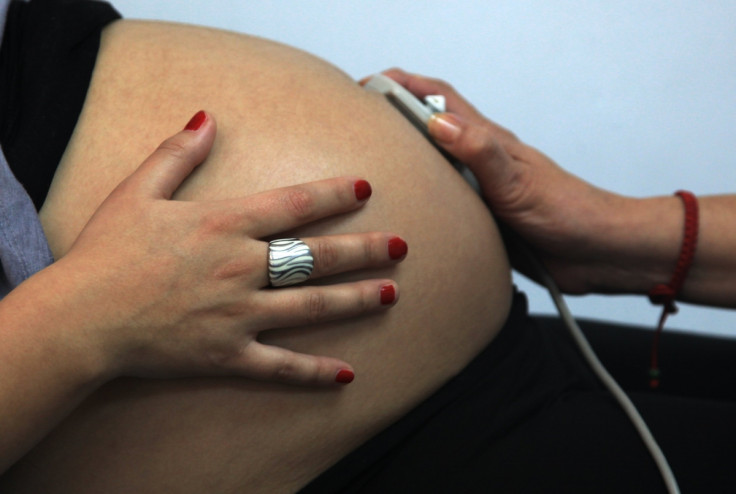Foetal alcohol syndrome: No compensation for child whose mother drank 57 units a day while pregnant

A child who was born with foetal alcohol syndrome after her mother drank "excessive" amounts while pregnant will not be awarded compensation, a Court of Appeal has ruled.
In the landmark case, a council from the north west of England attempted to seek compensation from a mother who was thought to have drank half a bottle of vodka and eight cans of strong lager a day while pregnant.
John Foy QC, representing the child, said her mother drank the equivalent of 40-57 units of alcohol a day. According to the National Institute for Health and Care Excellence (Nice), drinking around 7.5 units might damage a foetus.
Lawyers argued the mother, who was 17 when she gave birth, had poisoned her child and as a result that child should be awarded money via the Criminal Injuries Compensation Scheme for being a victim of crime.
The Court of Appeal has ruled the now-aged seven-year-old girl, who suffers from a series of mental, development and behavioural problems as a result of her foetal alcohol syndrome, is not entitled to money from the government.
The Court of Appeal judges said: "The central reason is that we have held that a mother who is pregnant and who drinks to excess despite knowledge of the potential harmful consequence to the child of doing so is not guilty of a criminal offence under our law if her child is subsequently born damaged as a result."
Woman's charities the British Pregnancy Advisory Service (BPAS) and Birthrights have welcomed the "extremely important" decision, adding women should be able to make their own decisions about their pregnancies.
Ann Furedi, chief executive of BPAS and Rebecca Schiller, co-chair of Birthrights, said in a joint statement: "Both the immediate and broader implications of the case were troubling.
"In seeking to establish that the damage caused to a foetus through heavy drinking was a criminal offence, the case called into question women's legal status while pregnant, and right to make their own decisions.
"Any ruling which found that drinking while pregnant constituted a 'crime of violence' could have paved the way to the criminalisation of pregnant women's behaviour – an alarming prospect given the ever expanding list of activities women are warned may pose a risk to the health of their baby.
They added: "A small number of women drink very heavily throughout their pregnancy. Their problems will not be helped either by the threat of prosecution - making them even less likely to seek help - or through ever more warnings about the dangers of drinking while pregnant. Women in this situation need rapid access to specialist help and support, as do children born with disability caused by alcohol abuse."
© Copyright IBTimes 2025. All rights reserved.




















